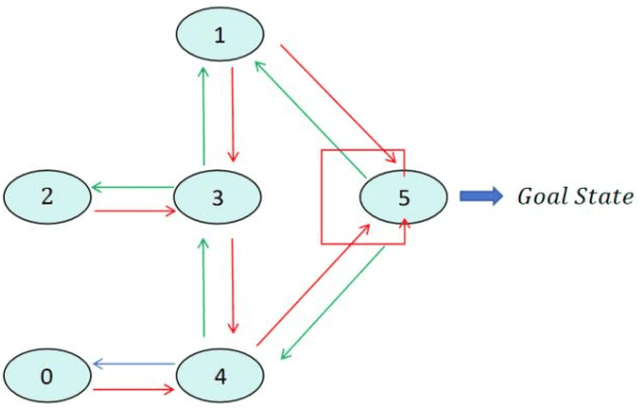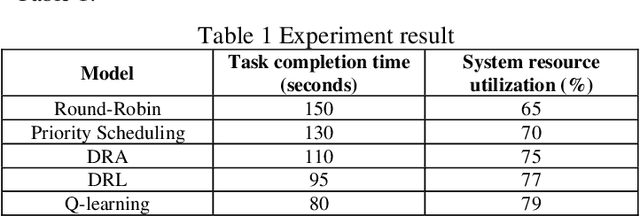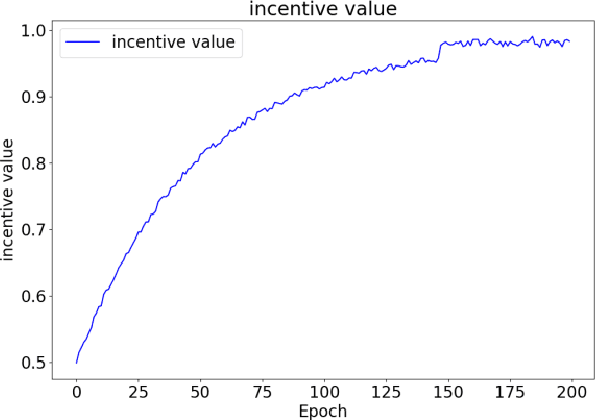Xiaoye Wang
Dynamic Scheduling Strategies for Resource Optimization in Computing Environments
Dec 23, 2024


Abstract:The rapid development of cloud-native architecture has promoted the widespread application of container technology, but the optimization problems in container scheduling and resource management still face many challenges. This paper proposes a container scheduling method based on multi-objective optimization, which aims to balance key performance indicators such as resource utilization, load balancing and task completion efficiency. By introducing optimization models and heuristic algorithms, the scheduling strategy is comprehensively improved, and experimental verification is carried out using the real Google Cluster Data dataset. The experimental results show that compared with traditional static rule algorithms and heuristic algorithms, the optimized scheduling scheme shows significant advantages in resource utilization, load balancing and burst task completion efficiency. This shows that the proposed method can effectively improve resource management efficiency and ensure service quality and system stability in complex dynamic cloud environments. At the same time, this paper also explores the future development direction of scheduling algorithms in multi-tenant environments, heterogeneous cloud computing, and cross-edge and cloud collaborative computing scenarios, and proposes research prospects for energy consumption optimization, adaptive scheduling and fairness. The research results not only provide a theoretical basis and practical reference for container scheduling under cloud-native architecture, but also lay a foundation for further realizing intelligent and efficient resource management.
Reinforcement Learning for Adaptive Resource Scheduling in Complex System Environments
Nov 08, 2024



Abstract:This study presents a novel computer system performance optimization and adaptive workload management scheduling algorithm based on Q-learning. In modern computing environments, characterized by increasing data volumes, task complexity, and dynamic workloads, traditional static scheduling methods such as Round-Robin and Priority Scheduling fail to meet the demands of efficient resource allocation and real-time adaptability. By contrast, Q-learning, a reinforcement learning algorithm, continuously learns from system state changes, enabling dynamic scheduling and resource optimization. Through extensive experiments, the superiority of the proposed approach is demonstrated in both task completion time and resource utilization, outperforming traditional and dynamic resource allocation (DRA) algorithms. These findings are critical as they highlight the potential of intelligent scheduling algorithms based on reinforcement learning to address the growing complexity and unpredictability of computing environments. This research provides a foundation for the integration of AI-driven adaptive scheduling in future large-scale systems, offering a scalable, intelligent solution to enhance system performance, reduce operating costs, and support sustainable energy consumption. The broad applicability of this approach makes it a promising candidate for next-generation computing frameworks, such as edge computing, cloud computing, and the Internet of Things.
 Add to Chrome
Add to Chrome Add to Firefox
Add to Firefox Add to Edge
Add to Edge